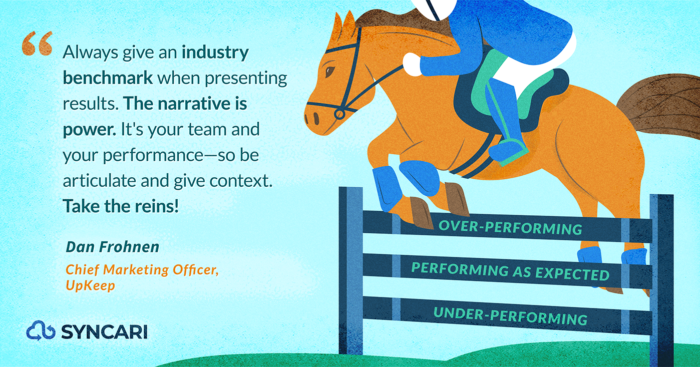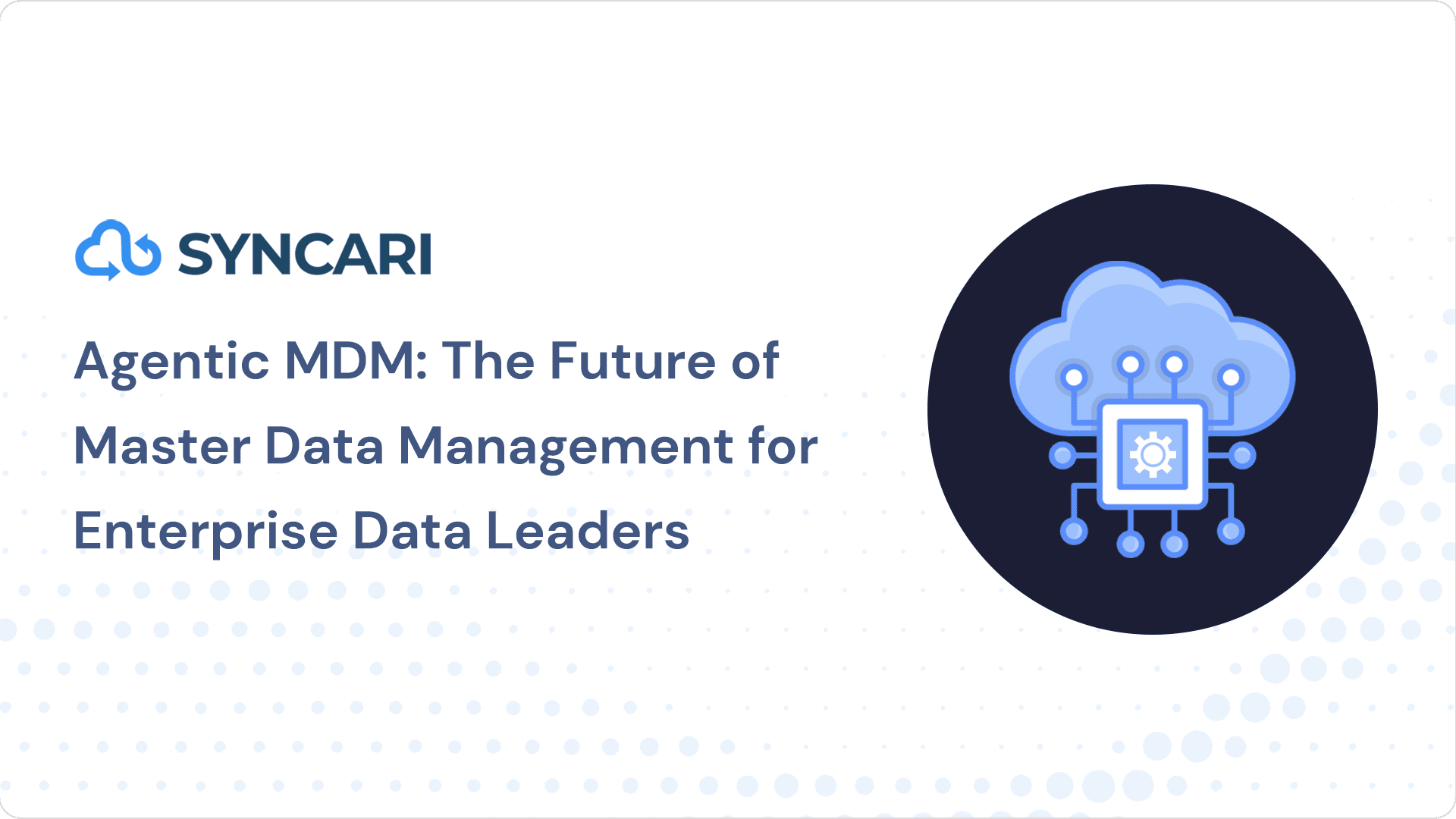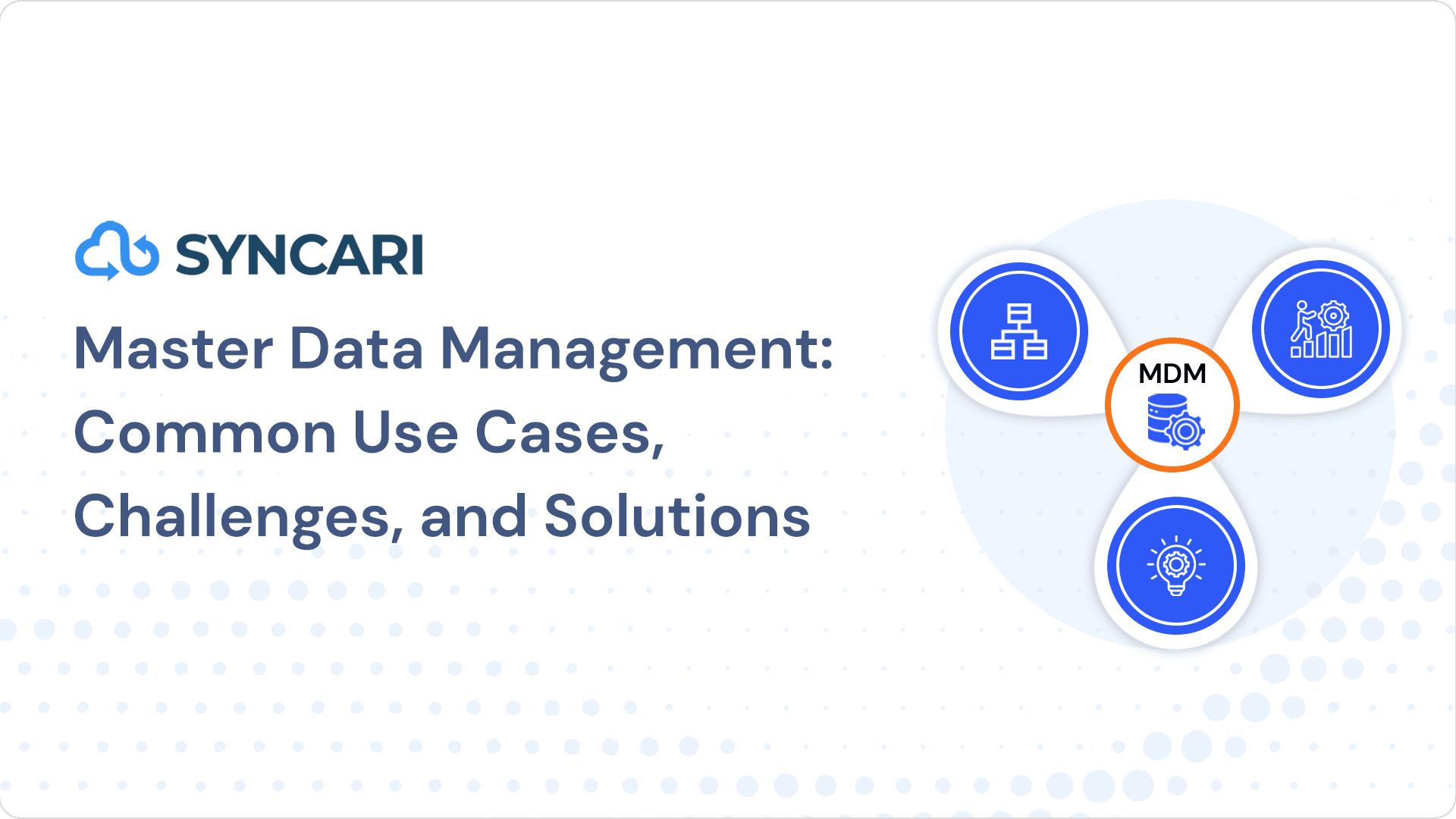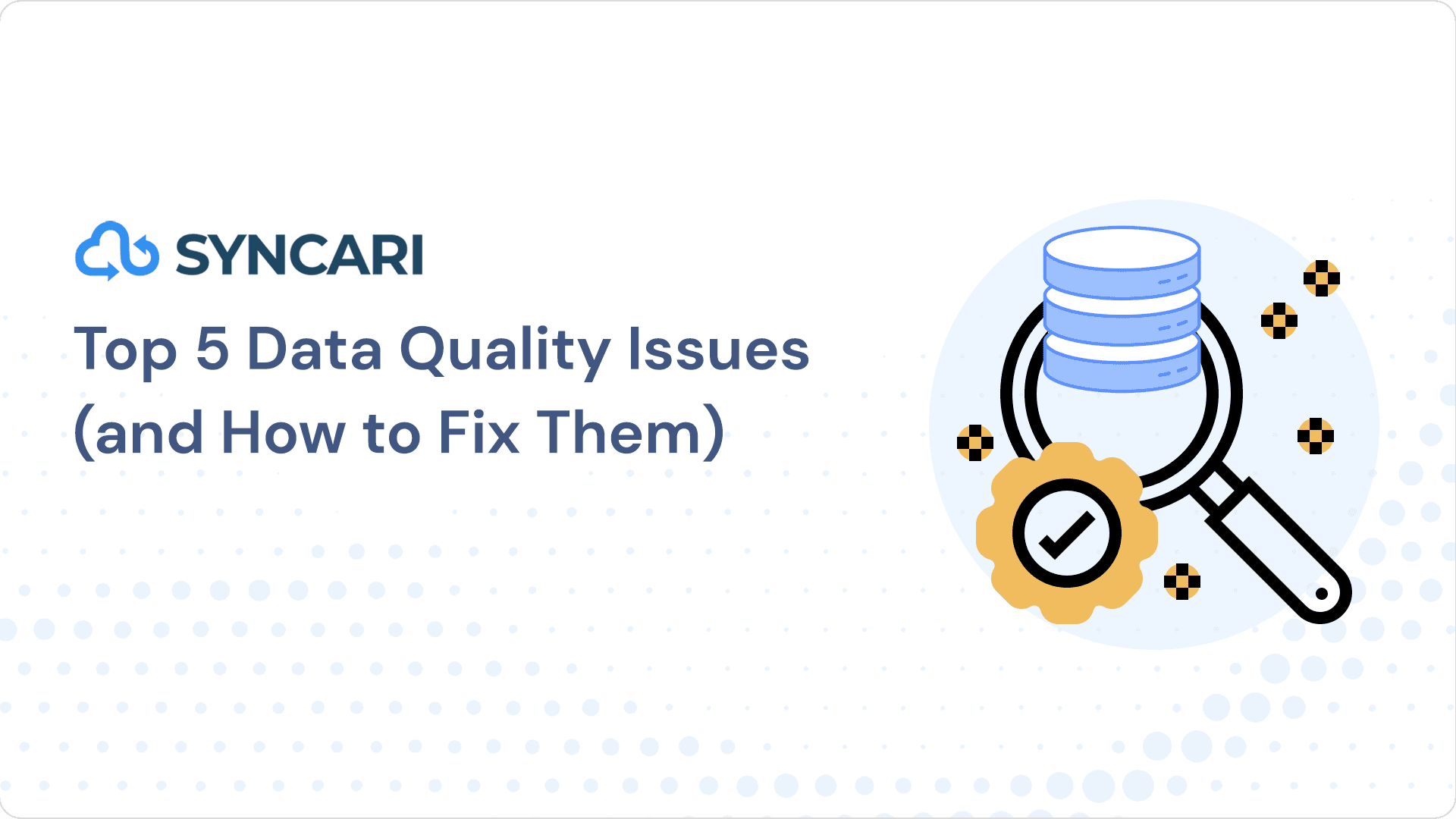Dan Frohnen’s career journey has been novel. From music publishing to marketing operations, his unique experience has translated to SaaS thought leadership, where he sees creative solutions where others see problems.
Dan is currently CMO at UpKeep, a software designed to help maintain core assets and equipment. UpKeep creates a central system of record so invaluable physical assets can be managed, maintained, and repaired. To help manufacturing facilities run more efficiently and reduce unplanned operational breakdown, Dan and his team must do the same.
I sat down with Dan to learn the SaaS marketing principles he swears by, how he approaches storytelling, and how his data-driven teams stay focused.
This interview has been edited for brevity.
An Interview with Dan Frohnen, CMO of Upkeep
Nick Bonfiglio: Tell me a little bit about your career journey
I started in the music industry working in publishing. I was doing B2C marketing and developed an affinity for B2B. I was excited about the emerging technology around marketing automation and data. That’s how I ended up in startups—Apttus, Skedulo, Sendoso, and now here at UpKeep.
I was attracted to UpKeep because I wanted to market a technical product—I knew I could tell bigger stories with a product like ours. I was also interested in supporting frontline workers and innovating their daily interaction with technology. Now is the time to be addressing the technology for those workers in our society. They haven’t been the main benefactors of tech in the past 20 years—it gets me really excited to see this space grow. We know how important our frontline workers are.
You wrote an article called 10 Things I Wish I Knew When I Started In SaaS Marketing. Tell me about how that came to be?
I was CMO at Sendoso and one of my former colleagues asked me to speak to his marketing team. I have such a unique background—starting in music before moving to tech—so I thought, why not take all my earlier experiences and apply them to SaaS? Here’s a big one: Marketing is sales and sales is marketing. We all exist to drive revenue and we’re just trying to solve that equation together.
One of your pieces of advice is to benchmark yourself to an industry standard or “someone will do it for you.” Has that happened to you?
Yes! At Skedulo, I was presenting at a lot of board meetings. They essentially told me, “When you’re presenting metrics or reporting on success, we don’t know if your results are good or bad.” I learned you should always give people a reference point or an industry benchmark when presenting results. Explain exactly where you stand so they don’t harbor any doubts. Otherwise, someone might make that determination for you and you might not like their interpretation (laughs).
The narrative is power. It’s your team and your performance—so be articulate and give context. Take the reins on the narrative.

You also suggest creating a holistic GTM program that leverages storytelling. When does data and good storytelling overlap?
Every company has something unique, that’s their opportunity to carve out their space in the market. But the key—once you cultivate that unique story—is to use your data in a way that doesn’t feel self-serving. Every company says, “Use us because of X, Y, and Z.”
If instead you say, “X Company has helped Y Company do these amazing things and here’s the data to back it up,” that’s a powerful story about partnership and collaboration—supported by the data. That’s always been my approach to storytelling—show the numbers.
There’s more ways of organizing and analyzing data than ever before. What data questions are you asking yourself today?
I’m always asking myself questions around segmentation. How do we determine our win rates within industries? Only after we understand that can we explore trends in the market and decipher whether we need to develop different strategies to attract those segments. Once we’re confident, one of my approaches to segmentation is to determine our success within a segment—with a good win rate and net retention rate—and then double down before going to the next segment.
For example, there’s a Fortune 50 global manufacturer with one division on the platform. When we saw great success there, we used that data to make the case for expanding to multiple divisions. The exciting part is taking that data and making it meaningful—using it as your power versus having misalignment on what it means and what to do with it. That’s a really exciting opportunity.
What are you seeing out there that’s exciting you?
Product-led growth. It’s very freeing in a software-centric world—it’s open and anyone can experience it. With the convergence of product-led with a more traditional top-down sales model, there’s an opportunity to have a bigger footprint with customers. Some of the most beloved and successful companies are product-led—like Zoom. I anticipate product-led companies are only going to become more popular in the coming years.
How do you keep your team aligned and focused on your goals?
I encourage my team to look at data with a goal in mind. You could spend days reviewing data in vain trying to find an answer to a particular question. Instead, I tell my team, “If we need to find this out, how do we get there?” By focusing on the process and not just the solution, we’re more likely to approach a problem with a creative solution. Ultimately, you have to set a North Star or a hypothesis and use data to find what you’re looking for.
Also, marketing is strategic in nature. It means that we have to stay focused on doing fewer things really well, as opposed to a massive long to-do list that never goes away. My goal is to help my team say “No” just as much as they say “Yes” so they can be high-functioning.
—
Want to read more of Dan’s SaaS marketing wisdom? Read 10 Things I Wish I Knew When I Started In SaaS Marketing or follow him on LinkedIn.


